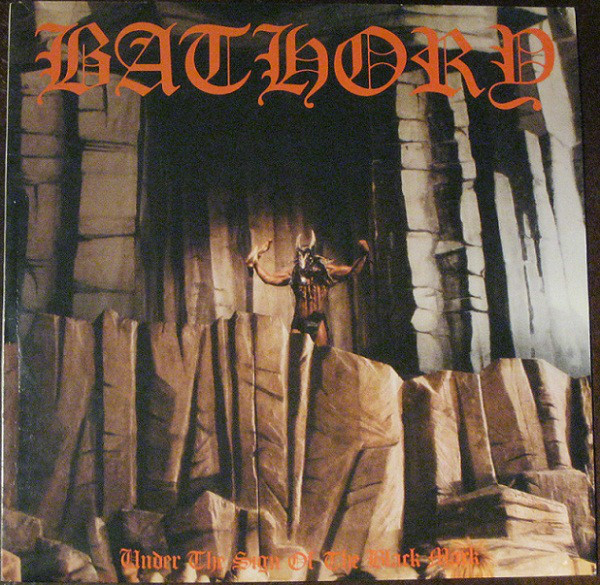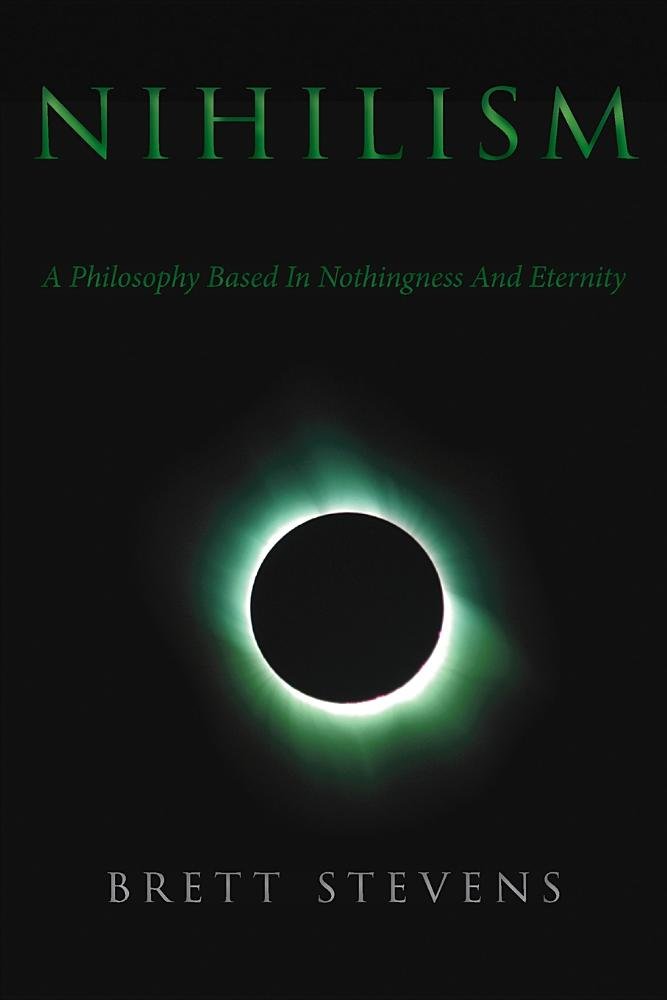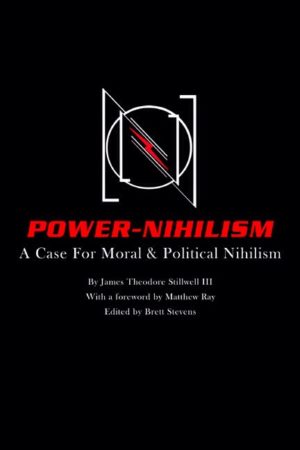
Has any painter ever depicted so sorrowful a look of love as Wagner does in the final accents of his Prelude? ~ F. Nietzsche
Parsifal is the final opera of Richard Wagner and the manifestation of four years of work. Here we shall attempt to briefly present from a structural perspective the use of contemplative silence and modulation in crafting great songs. The prelude contains all that the opus requires and it all unfolds like a flower from the bud.
2 CommentsTags: bruckner, felix mendelssohn, howard shore, mahler, nietzsche, Parsifal, richard wagner






